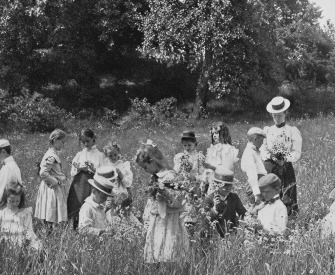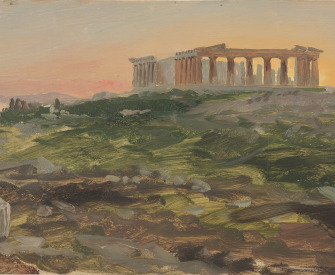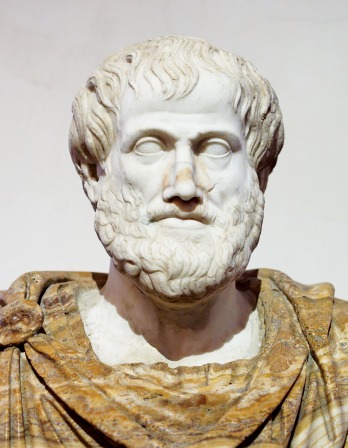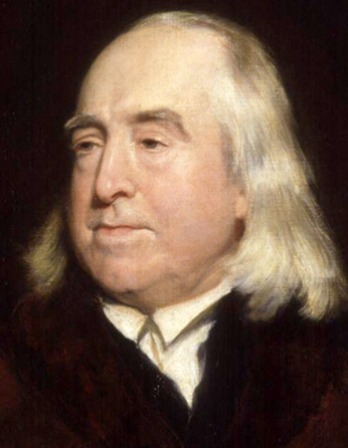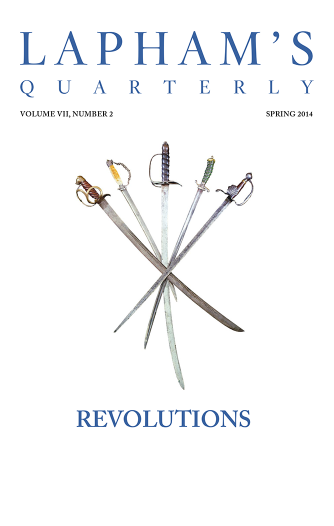When Philonicus the Thessalian brought to Philip the horse Bucephalus, who was on sale for thirteen talents, the king and the court adjourned to the paddock to put him through his paces. The animal seemed ill-tempered and unmanageable and would not suffer any of Philip’s people either to mount or to speak to him, but shied at everyone.
Philip was greatly annoyed and ordered Philonicus to take the brute away, asserting that he was absolutely wild and unbroken. But Alexander, who was present, exclaimed, “What a magnificent horse they are throwing away! It is ignorance and cowardice that prevents them from managing him!” At first Philip said nothing, but when Alexander kept reiterating his protest and had worked himself up into a state of excitement, Philip remarked, “Do you find fault with your elders because you know more yourself, and are better able to manage a horse?” “This horse at any rate,” replied Alexander, “I should manage better than anyone else!” Then Philip said, “If you fail to manage him, what forfeit will you pay for your rashness?” “By Zeus,” exclaimed Alexander, “I’ll pay the animal’s price to the last penny.” A laugh went around upon that, and then, when the amount of the forfeit money had been mutually arranged, Alexander ran up to the horse and, seizing the bridle, turned him facing the sun, for he had noticed, I imagine, that the animal was thoroughly frightened at the sight of his own shadow falling and dancing before him. In this way he led him for a short trot, and then stroked him down. When he saw his temper and wind restored, he quietly slipped off his cloak, swung himself upon the horse’s back, and safely bestrode him. Pulling lightly on the reins, he held him in without help of either whip or spur, but when he saw that the horse had ceased jibbing and was eager for a race, he let him have his head and now urged him on with a heartier use of voice and spur. Philip and his court were at first anxious and silent, but when the young prince turned and came straight back at full gallop, radiant with happiness, the whole company raised a cheer, and his father is said to have wept with joy and, kissing his head as he dismounted, to have exclaimed, “My son, seek a kingdom worthy of thy greatness! Macedonia is too small for you.”
From Parallel Lives. Bucephalus, meaning ox head, became Alexander’s favorite horse, whom he rode into many battles over some twenty years. After Alexander defeated King Porus in 326 bc, “Bucephalus died,” Plutarch wrote, “not, according to most historians, upon the field, but subsequently, while undergoing treatment for his wounds.” Plutarch’s book of paired biographies of Greek and Roman figures was translated into English by Thomas North in 1579, becoming a major source for several of William Shakespeare’s plays, among them Julius Caesar and Antony and Cleopatra.
Back to Issue

